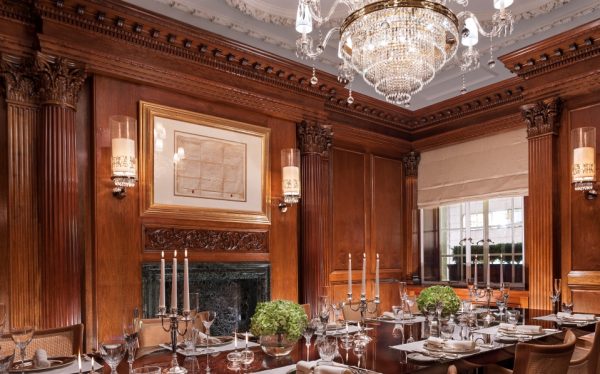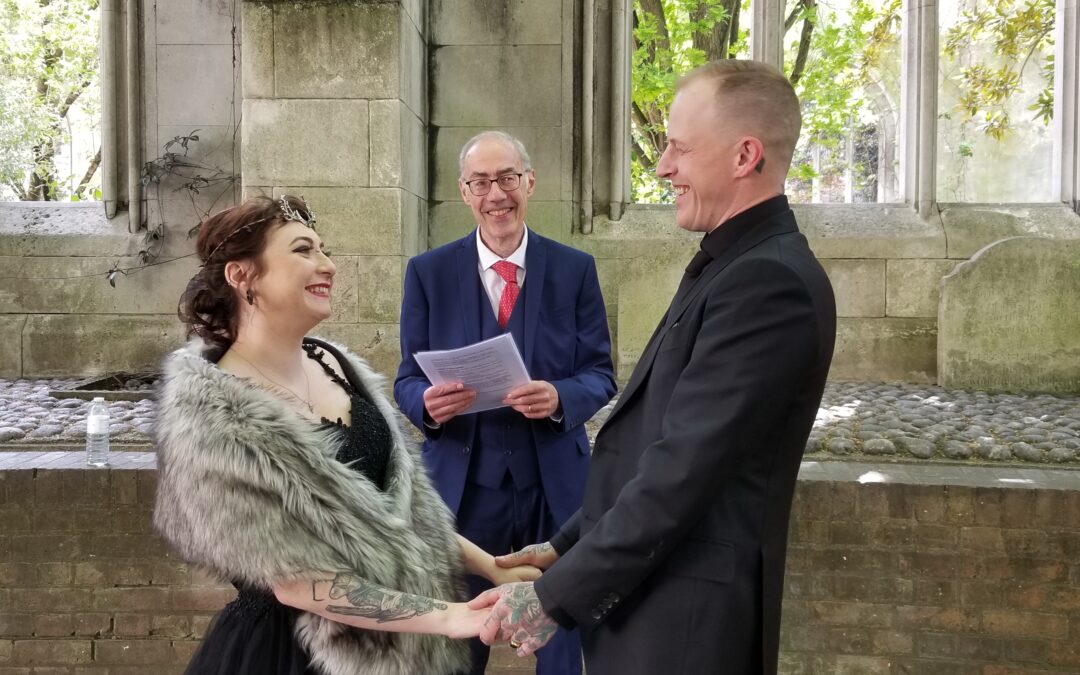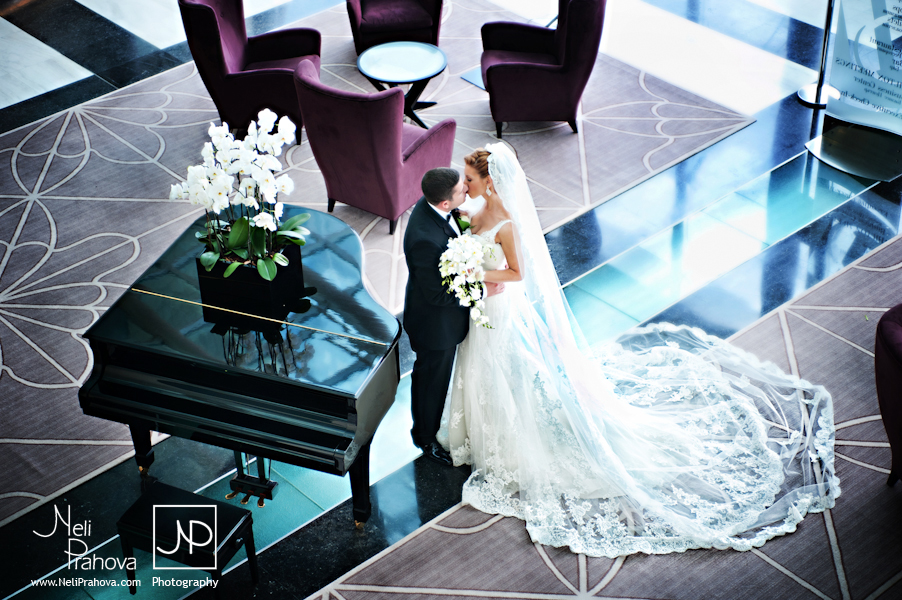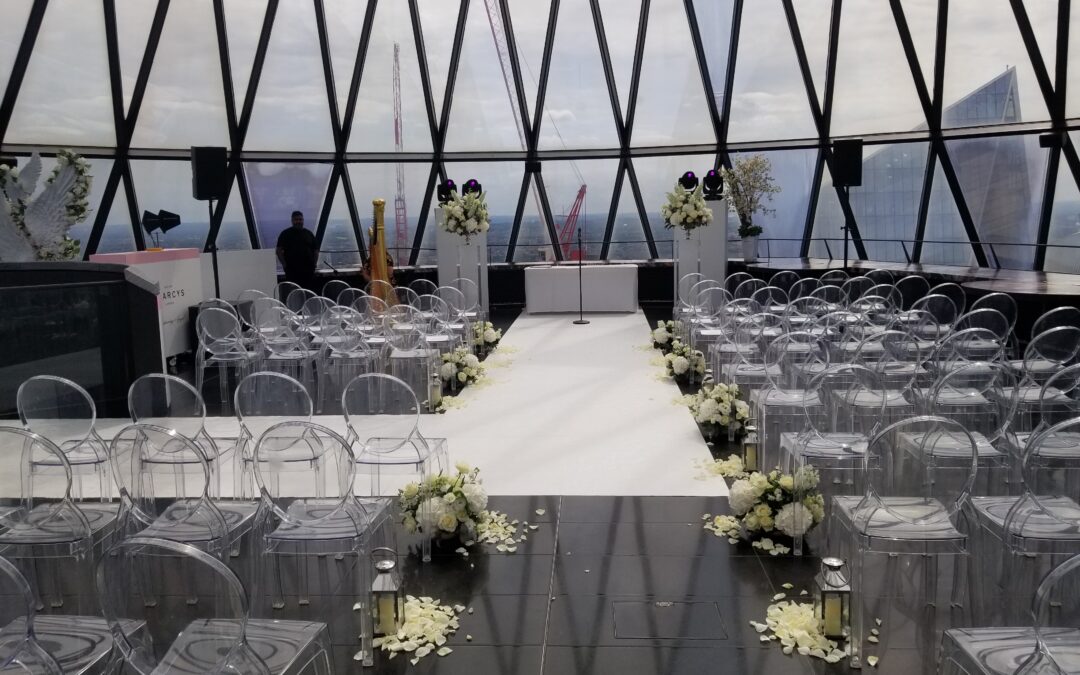
by Michael | Jul 4, 2023 | Blog
Before you commit, you’re going to have questions to ask your celebrant. That’s normal.
I’m going to anticipate some of them for you.
How can I trust the Celebrant?
Word of mouth is obviously a good starting-point. However, you may not have witnessed a celebrant in action. You also may not know anybody who can recommend one to you.
The next best thing is to have a look at the Celebrant’s website. Look especially at testimonials (and also how the celebrant says they work with clients). The testimonials may reveal the celebrant’s strengths. Do these resonate for you too?
Before signing anything, have a chat with your celebrant. On the phone, by Zoom, or, best of all, face-to-face. Apart from anything else, you’re going to want to know that you can feel confident in your celebrant – and would be happy to work with them on your big day.
What about Cost and Ts & Cs?
However, unattractive it may be, reading the Ts and Cs is essential, if only for peace of mind. If you don’t understand something, then ask for clarification. You need to know precisely what the celebrant is offering – and what might not be included.
Your budget will dictate your outlay, of course, but, within reason, don’t despair if the celebrant is asking a little more than you had in mind. It’s important – and not that easy – to find someone who is right for you both, and worth paying for. If necessary, you may be able to save a little elsewhere, and use that to make up any deficit.
How about Cancellation?
Again, the Ts and Cs should cover this, but I take a non-refundable deposit (because I may have rejected work by accepting your booking). I am normally happy to rearrange, if some major change forces a postponement, and normally do this without extra charge.
If I have to cancel (but I never have in 10 years), then I will reimburse your balance and do my best to find a suitable replacement.
What USP can a Celebrant Offer?
A celebrant can give you variety. Depending on their processes, they can conduct a serious, even religious ceremony, or a spiritual one, or a combination. They can vary the tone. They can hold your hand throughout (not literally!), or let you realise your vision and merely advise. They can suggest and conduct spiritual rituals.
They are normally accomplished writers and presenters and can make any ceremony very special.
If you have further questions, please don’t hesitate to contact me.
Photo: aiony-haust-xCQm5_9aro0-unsplash

by Michael | May 19, 2023 | Blog
You don’t need me to tell you that weddings are costly. There are potentially a lot of suppliers to engage and they do not tend to come cheaply!
Some suppliers are probably guilty of hoicking their prices up as soon as they scent an engaged couple.
Mind you, mainly due to competition, some charge very reasonable rates. And others undervalue themselves. Not just anyone can do their work! They have been trained, possess specialist knowledge, particular skills and ability. All that needs to be reckoned with too.
Furthermore, what is a necessity to one couple might be a luxury to another, so there will be different viewpoints about how much is reasonable to spend. Of course, the scale and complexity of the ceremony need to be factored in too.
Then there’s the need for the couple to do their ‘due diligence’, shop around and check they’re not being shafted. But they have to take care to compare like with like.
Practicalities
You’re likely to want to hire a photographer, a florist and maybe a celebrant. Then there’s the catering, venue hire, dress/suit outlay, MUA expense, maybe a wedding planner – to name but half a dozen potential expenses.
Even that is not as simple as it sounds.
Do you want a single photographer or a couple, to capture different angles and facets? What about a videographer, or both? Can you get a friend to do the photography? (I’d say no, unless they are professionals themselves. You don’t want a foul-up at such a unique occasion.)
A wedding planner can be a long-term booking, or you can get one for the day only.
A decent celebrant needs to be able to ask the right questions (to get inside the couple’s heads and establish their vision). They also need to listen well (not just imposing their own choices, although advice can often be invaluable). They must be good writers when putting together the ceremony and, not least, be able to present well.
I hold a Diploma in Wedding Celebrancy and have over 10 years’ experience in conducting ceremonies. I belong to an ethical professional association. I have a suitable personality – calm, friendly, but professional. How many celebrants boast all these assets?
I therefore feel justified in charging for my services (although I am only mid-range).
The same must go for other suppliers. They may use other skills, but they are professionals in their field. Many are experts and can guarantee doing an excellent job.
When you’re seeking out suppliers, ensure you find out their Ts & Cs (I know it’s boring!). That way, there can be no nasty surprises, and you’ll know exactly what you’re getting.
And what you’re not!
So, decide your budget, speak to suppliers and choose your team for the event. Hopefully, you can afford the team you want (if not, maybe you can juggle your outlay).
That way, you should get maximum peace of mind and a wonderfully successful occasion!

by Michael | Jan 26, 2023 | Blog
There is a certain amount of confusion about who does what at a wedding. Time to sort it out!
Before I launch into this subject, I would like to point out that the roles are not set in stone, and there is no compulsion to use any or all of the roles I discuss. Indeed, just after Lockdown, weddings did take place, but in the simplest way possible.
Bride
In some ways, although she is the star attraction, the bride doesn’t really have to do a great deal. She has to look beautiful and dignified, especially if there is a procession. Otherwise, she has to be careful (particularly if she has a train) while walking, but may not have much else to do at the ceremony.
She may have to recite vows, put a ring on her partner’s finger, and maybe say “I do”. She may sign the certificate, if that happens at that point.
Otherwise, she will be expected to socialise afterwards (and, possibly, give a speech).
Groom
The groom gets away with it for the most part too. He will probably welcome guests as they arrive for the ceremony. He is likely to have a team (Best Man and Ushers) to help him, if he needs it.
Otherwise, apart from vows, saying “I do” and putting the ring on the bride’s finger, he has nothing much to do until giving a speech at the reception.
Best Man
There is a tendency for Best Women to exist nowadays too, but there is almost always a Best Man. His task is to look after the Groom. He will keep him calm and do any jobs that are required (such as communicating with a supplier, or something simple like fetching a glass of water). He will probably look after the couple’s rings until the ring exchange.
His spotlight moment comes at the Reception with his speech, which is often a highlight. He should aim at humour (mainstream, normally!) and embarrass the groom just a bit (not too much!). He should not cause offence to anyone.
Bridesmaids and Ushers
The role of bridesmaids and ushers (also known as Groomsmen) is to support the couple.
The bridesmaids will normally be part of the Procession (and sometimes Recession). They need to follow the cue for entry and restrain themselves from walking too fast!
The ushers may direct guests to their seats and be of general help, for example, they may look after gifts.
Parents
Unless something else has been agreed, the parents will likely be tasked with welcoming guests. It is quite common for the bride’s father to give a very short speech to start the Reception off. He basically says, “Welcome and thank you for coming”.
Officiant
The celebrant should arrive in good time and check that all that is needed for the ceremony is ready. This includes the bride (if accessible) and groom. The officiant can help the Best Man keep the Groom calm.
The celebrant’s role is to take over at the start and direct proceedings efficiently (but with affection, humour and elegance).
Feel free to approach me for more information.

by Michael | Oct 20, 2022 | Blog
Music plays a huge part in most people’s wedding. Obviously, you may want to choose a band or disco for the reception. But what about the ceremony itself?
There’s quite a lot to consider.
Live or Recorded Music?
Only you can decide on how the music will be played. Live musicians add much to the atmosphere, although of course you pay for what you get. They can improvise, should something go wrong. If you know them or have recommendations, you should be able to rely on them and let them get on with it, once you have agreed their programme.
Recorded music may well sound good nowadays, as technology has advanced, but, if something goes wrong and you’re not a techie, you may be left in the lurch.
If you’re having a disco later, the DJ may be able to play your music, if you arrange it in advance.
When?
Forr the ceremony, there may well be music, usually quiet and ambient, as guests enter the room.
This may be followed by possibly stately music, as the wedding procession enters. (Or it may be something of significance to the couple.) Alternatively, this could be traditional such as “Here Comes the Bride” or Pachelbel’s “Canon”, or a march.
The couple will probably walk out (recessional) to what may be their favourite song. It is usually upbeat or rromantic.
It’s best to be sure that the piece of music will last long enough to cover the procession in.
Occasionally, there may be music during the ceremony, especially if there is an anticipated hiatus. This could well be during the signing of the marriage certificate.
Which?
People think that the music has to be classical or even religious. If you’re having a celebrant-led ceremony, you have complete choice about what goes into the service, so the music can be traditional or, shall we say, “original”.
Why?
Although it can simply cover a silence, there’s a lot of justification for including music. Music adds atmosphere and heightens the emotions. It can put a smile on faces, excite and cheer people up.
Whether formal or informal, traditional or modern, beautifully chosen music can add significantly to the character and atmosphere of any ceremony.
As a celebrant, I can help with advice.
Do contact me for more information.
Photo: Nelly Prahova

by Michael | Aug 23, 2022 | Blog
This may seem like an odd question! But you may need help deciding when to marry. By that I mean the most advantageous time, day and type of ceremony for you. (Not after downing half a dozen cocktails!)
The Ceremony
Proposals for new wedding legislation are going through parliament (slowly!) as I write. But we’re a few months away from any declaration and then the legal process won’t be that quick. So what follows is still up-to-date advice.
Register Office
Waters are slightly muddied these days, as Register Offices tend to be understaffed since COVID.
In principle, you can make an appointment, and go down there on the appointed day with two witnesses and have a 10-15 minute non-religious ceremony. That’s it.
Some registrars will come out to a licensed venue (at a significant cost) and conduct the wedding there, but this is not so easy to arrange nowadays, especially bearing in mind the staff shortages I referred to.
Alternative Ceremonies
Religious
Basically, nothing has changed regarding conventional church weddings, and that alternative is self-contained and standardised. You arrange this through your priest.
Part- or non-religious
For a unique, tailor-made service, you have a third alternative, which is where I could come in. A celebrant-led ceremony could contain as much – or as little – religion as you want, and also include rituals of your choosing. The whole service can be arranged according to your vision – even the venue. Your celebrant will be delighted to advise and guide you. Your ceremony can be as personalised as you wish.
When to Marry
As you might expect, peak periods (like July and August) tend to be more expensive. Weekends usually cost more, as do high season dates. Bank holidays and celebrations such as Valentine’s Day are likely to come out more expensive, and evenings can cost more than mornings/afternoons.
Whatever your choice, you will probably need to book well in advance, and give your guests plenty of notice. Especially if you’re opting for a destination wedding.
Discounts
It doesn’t normally hurt to ask suppliers if they’ll offer any reductions, especially if your event is out of season. They can only say no!
Conclusion
There’s plenty to think about, then, but I hope that these remarks shed some useful light, at least. You may need to be flexible and should certainly do some research, but the results can be so worthwhile.
Never forget that it is your big day, and you deserve to get it right.
Do speak to me. I’d love to help you further.





